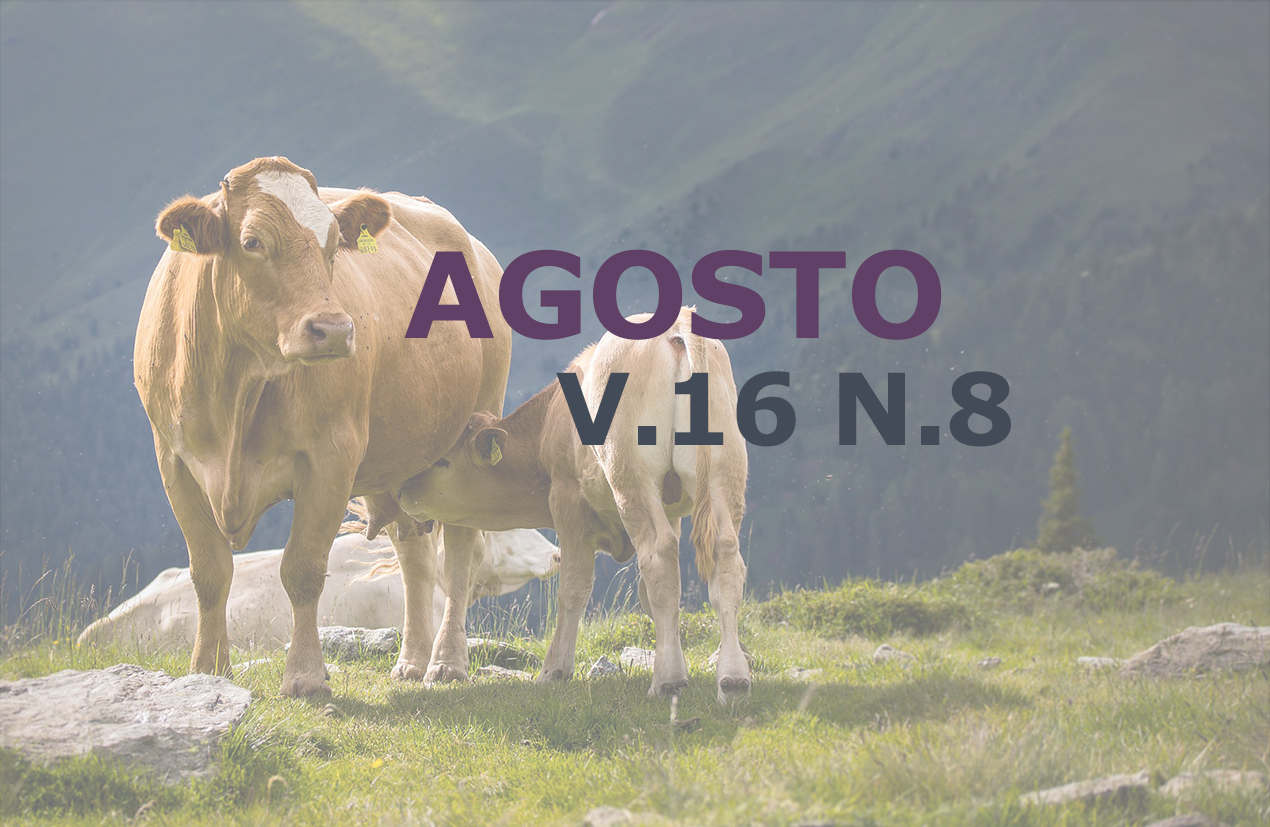Characterization and socioeconomic profile of pork meat and derivatives consumers in the city of Irecê, Bahia, Brazil
DOI:
https://doi.org/10.31533/pubvet.v16n08a1192.1-8%20Keywords:
Swine production chain, commercialization, consumptionAbstract
The objective of this study was to characterize and define the socioeconomic profile of pork and pork meat consumers in the municipality of Irecê, Bahia, Brazil. For this, 424 residents of different neighborhoods and social strata of the aforementioned municipality were randomly interviewed from March to May 2022. Gender, age group, salary range and education served as a basis for characterizing the interviewed population, as well as the consumption or not of pork meat and its derivatives. The data obtained were tabulated in the Microsoft Excel® program and their percentage and descriptive analysis was performed. Pork is the 3rd purchase preference for protein of animal origin by survey participants (5.7%), behind beef (46.7%) and poultry (44.6%) in first place. and second place, respectively. Most respondents consume pork meat and its derivatives (79.3%), with ribs being the main cut of choice for consumers (59.0%). 56.8% of respondents do not know how to answer whether there is any benefit to human health consumption of pork, although 71.9% of respondents consider pork healthy. Of the respondents who do not consider pork healthy (28.1%), 33.8% believe that pork transmits diseases. 84.2% of respondents said they consume pork meat products, with sausage being the most preferred product (71.0%). The lack of information and the myths linked to pork still demonstrate a strong relationship with the consumption of this source of animal protein, making it necessary to implement information campaigns aimed at clarifying to the consumer the relationship between the health of slaughtered and commercialized animals, the quality of products and the benefits of pork consumption to leverage the pork sector in the city of Irecê-BA and region.
Downloads
Published
Issue
Section
License
Copyright (c) 2022 Wilker Alves Damasceno, Cristina Ferreira Machado, Bárbara Suellen dos Santos Dourado, Jamila Fernandes Braz, Eduardo Alves da Silva, Helen Rebeca Bastos Araujo, Hêuler Bastos dos Santos, Mariana Pereira dos Santos Caldeira, David Rwbystanne Pereira da Silva

This work is licensed under a Creative Commons Attribution 4.0 International License.
Você tem o direito de:
Compartilhar — copiar e redistribuir o material em qualquer suporte ou formato
Adaptar — remixar, transformar, e criar a partir do material para qualquer fim, mesmo que comercial.
O licenciante não pode revogar estes direitos desde que você respeite os termos da licença. De acordo com os termos seguintes:
Atribuição
— Você deve dar o crédito apropriado, prover um link para a licença e indicar se mudanças foram feitas. Você deve fazê-lo em qualquer circunstância razoável, mas de nenhuma maneira que sugira que o licenciante apoia você ou o seu uso. Sem restrições adicionais
— Você não pode aplicar termos jurídicos ou medidas de caráter tecnológico que restrinjam legalmente outros de fazerem algo que a licença permita.





